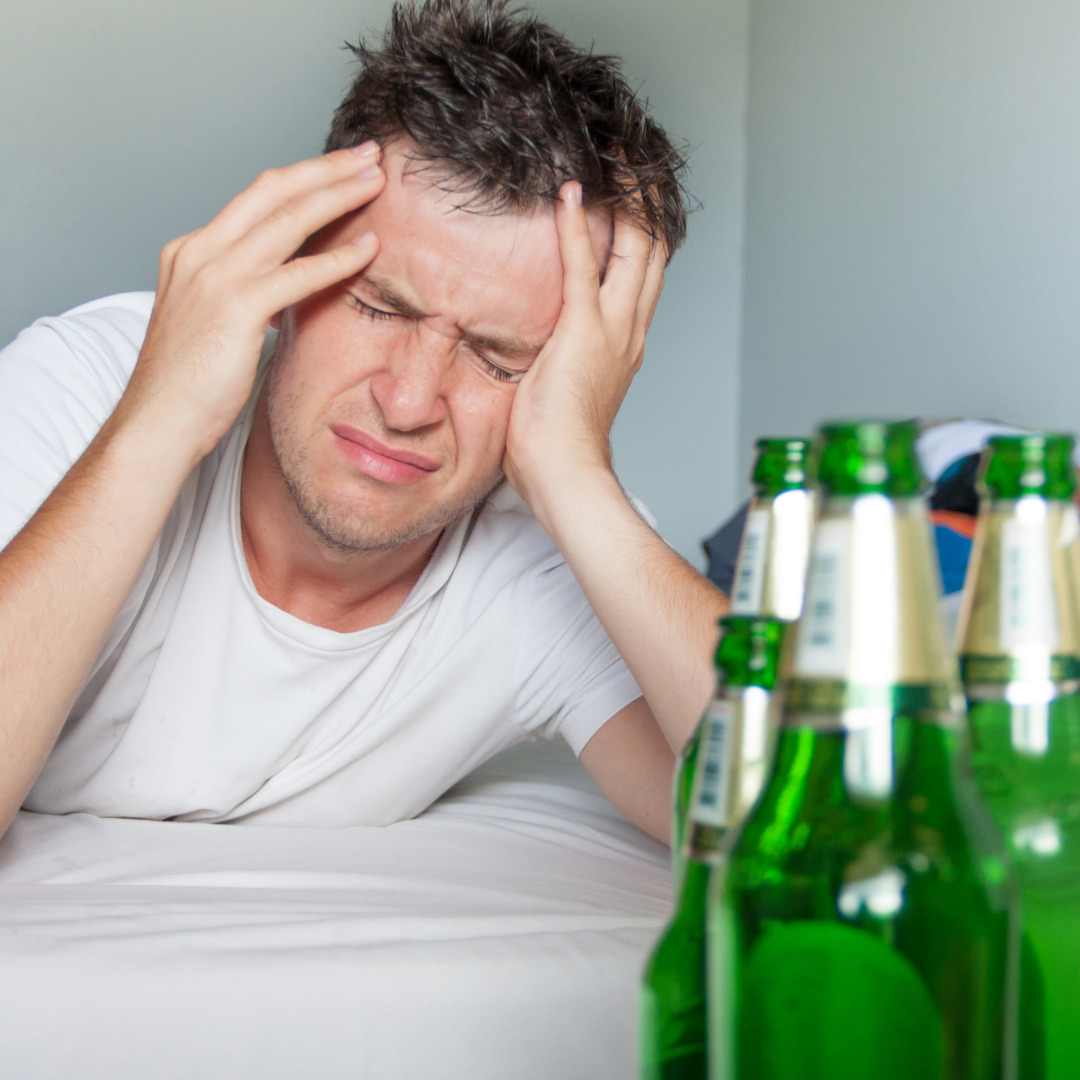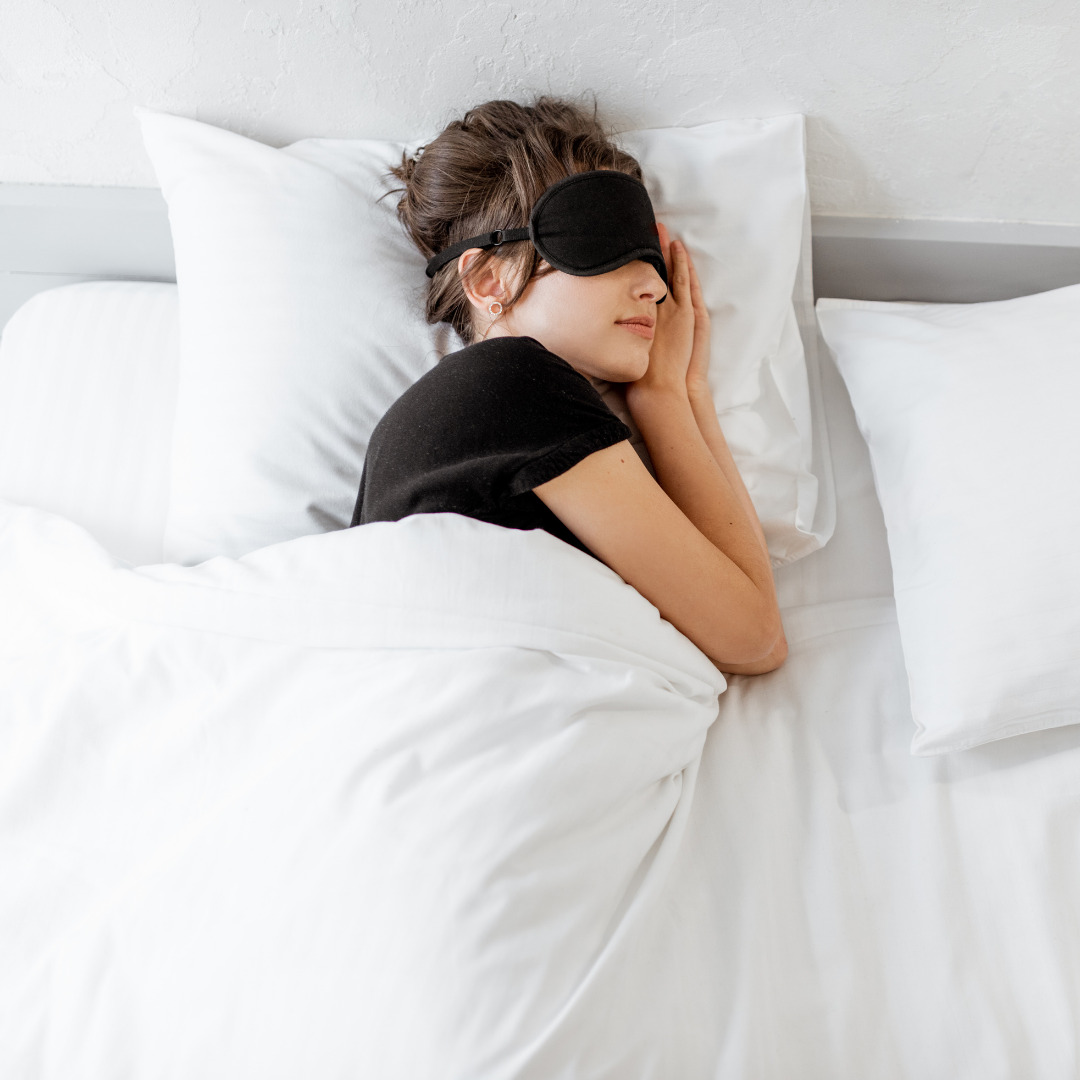If you’re stuck on a new year’s resolution and over 18, why not challenge yourself not to drink alcohol for the whole month of January?
What is Dry January?
In 2013, Dry January was established by Alcohol Change, a UK-based charity. It is the annual month-long movement where millions of people give up drinking alcohol during January.
Let’s take a closer look at what happens when we drink alcohol to understand why so many people participate in Dry January.
What happens to the body when you stop drinking alcohol?
A lot of people drink alcohol to feel relaxed. People feel relaxed when drinking alcohol because our bodies produce extra dopamine, a hormone that makes us feel good when drinking. However, alcohol is a depressant, which slows down brain functioning. As we continue to drink (and recover the next day), those initial calming feelings can be replaced with stress, anxiety, and anger. Over time, heavier drinking can worsen the symptoms of many mental health problems and increase your risk of depression.
The liver processes alcohol, but that’s not the only job it has to do. The liver has over 500 different functions, including processing digested food, combating infections, and dealing with toxins like alcohol. However, the liver’s functions are negatively affected if too much alcohol is consumed.
Alcohol can also affect our sex lives by causing temporary impotence and problems ejaculating, vaginal dryness and loss of libido. Longer-term heavy drinking can have further effects, including shrinking sex organs, reduced sperm formation, failure to ovulate, and general menstrual problems.
Alcohol can make you sleepy, but it also impacts your sleep because it impacts the time spent in deep sleep, which makes us feel well-rested.
Alcohol also makes you need to wee and increases your sweat, leaving you dehydrated.

Why take part in Dry January?
Whether you’re a heavy drinker or drink socially, taking part in the campaign enables people to take control of their relationship with alcohol. Understanding why we drink alcohol, what it does to our bodies and how we can reduce the risk of the harm it can cause are all impotent conversations about alcohol that can occur during Dry January.
What are the benefits of participating?
After taking part in Dry January, 70% of people reported sleeping better, 86% saved money, and 65% noticed that their general health had improved. The health benefits of a month free from alcohol was been widely studied, and it has been found that a month off drinking alcohol can:
- Lower blood pressure
- Reduce diabetes risk
- Lower cholesterol
- Increase libido
- Reduce levels of cancer-related proteins in the blood

What happens after Dry January?
After the month-long challenge is complete, people can return to drinking alcohol. However, 70% of Dry January participants reported drinking more healthily than before they took part in the challenge. Some even choose to continue not drinking!
Reasons for keeping an eye on alcohol intake even after the campaign included an understanding that alcohol isn’t needed to have fun, relax or socialise.
How can you get involved?
It’s never too late to start reducing your alcohol intake. If you’d like to participate in Dry January, you can visit the Alcohol Change website for more details, including a link to their helpful app for support during the campaign. You can find out more about Dry January here.
Related Information
Check out TheSprout’s Info page about alcohol and smoking for more support.




